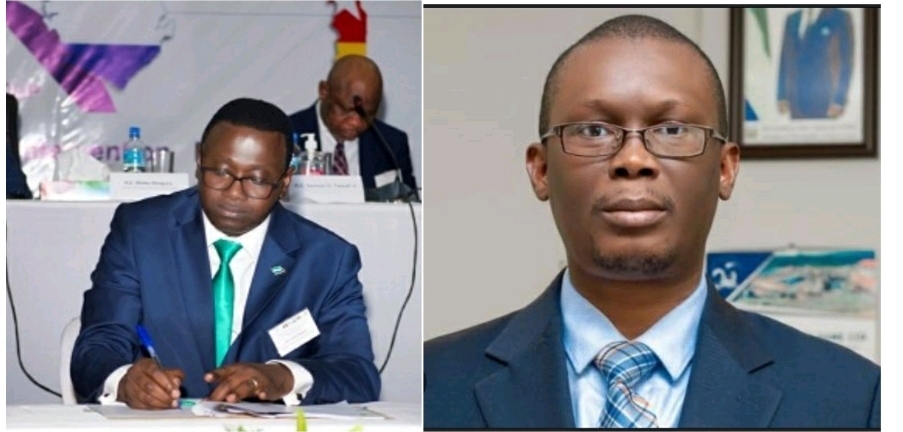
ELITE SALARY SCHEME AT FINANCE MINISTRY
…OVER 300 MILLION FOR FS, PEANUTS FOR OTHERS
As revelations of a secretive salary scheme in the Ministry of Finance continue to reverberate across government corridors, a deeper emotional toll is now surfacing—civil servants across Ministries, Departments, and Agencies (MDAs) are expressing growing resentment, despair, and a sense of betrayal.
The fallout from the petition submitted to President Julius Maada Bio on June 21, 2025, is no longer just a matter of spreadsheets and payroll discrepancies. It is now being felt in the morale of public servants who feel alienated by a system that appears to reward a select few while sidelining the majority.
“It’s like there are two Sierra Leones within the civil service—those who belong to the privileged PFM cadre, and the rest of us,” said a senior legal officer at the Ministry of Justice, who requested anonymity for fear of reprisal.
Cracks in the Fabric of Public Trust
According to multiple sources across key institutions, the revelations have exposed not only disparities in income but also inequalities in opportunity, career advancement, and even access to training and professional development.
For many administrative and legal professionals, the most painful sting lies in the realization that while they have spent years climbing the civil service ladder under the official salary grading system, their counterparts within the PFM framework have been fast-tracked into higher living standards through opaque channels.
“What do you tell a Grade 12 officer who earns Le95,000 when someone in another office on the same grade takes home over Le200,000? How do you justify that in a merit-based system?” asked a mid-level officer in the Ministry of Internal Affairs.
Tension in the Ranks
The disparities have begun to sow discord within departments, where team members working on joint projects are discovering vast income differences despite performing similar duties. Some departments have reported a sharp drop in productivity, with junior staff openly questioning the value of hard work and integrity in a system that appears rigged.
One accountant at the Ministry of Basic and Senior Secondary Education described the atmosphere as “toxic,” noting that whispers of favoritism and elitism now dominate staff conversations.
“This is not just an administrative anomaly. It’s a silent civil war within the public sector,” he said.
Government’s Deafening Silence
What’s causing further alarm is the government’s lack of transparency and official response. Despite being copied in the petition, oversight institutions like the Human Resource Management Office (HRMO), the Public Service Commission (PSC), and the Wages and Compensation Commission (WCC) have yet to make any public statement.
This silence, some argue, suggests complicity—or at the very least, negligence.
Call for Urgent Reforms
The anonymous petitioner, echoing the voices of many disgruntled civil servants, insists that this is a moment of reckoning for President Bio’s administration. The letter calls for a full-scale investigation, disciplinary action against those who designed and implemented the secret scheme, and an immediate return to a unified and transparent salary system.
Civil society groups are also beginning to weigh in. The Campaign for Human and Institutional Accountability (CHIA) issued a press release this week demanding an urgent audit of all special salary arrangements within the MoF and its PFM affiliates.
“Equity is not a luxury—it’s a constitutional imperative,” said CHIA Executive Director Zainab Sesay. “We cannot build a just society on the foundation of selective enrichment.”
In subsequent edition, we shall be diving into the legal, constitutional, and institutional questions raised by this elite salary structure—and examine how this may violate not just civil service principles but Sierra Leone’s laws.